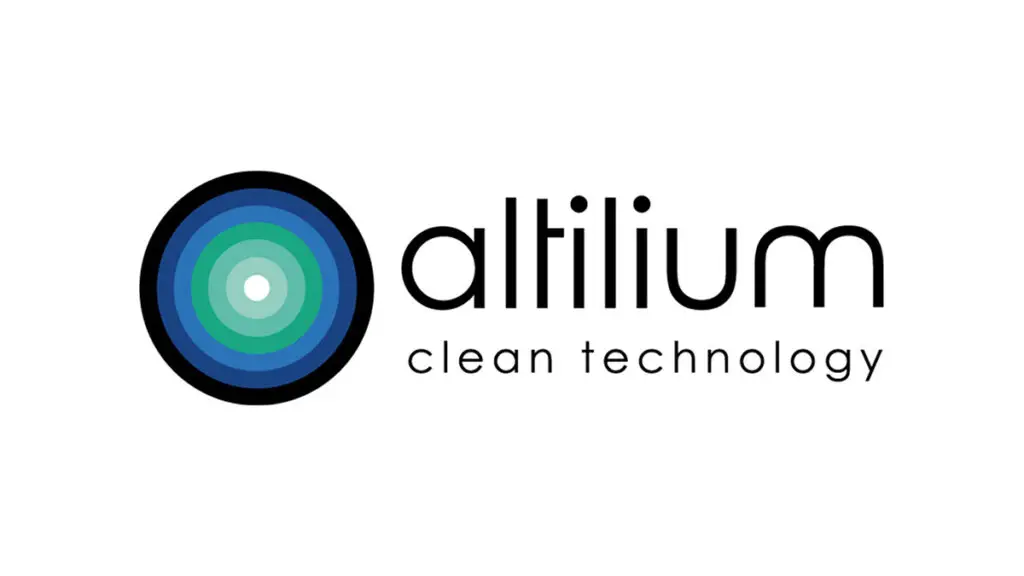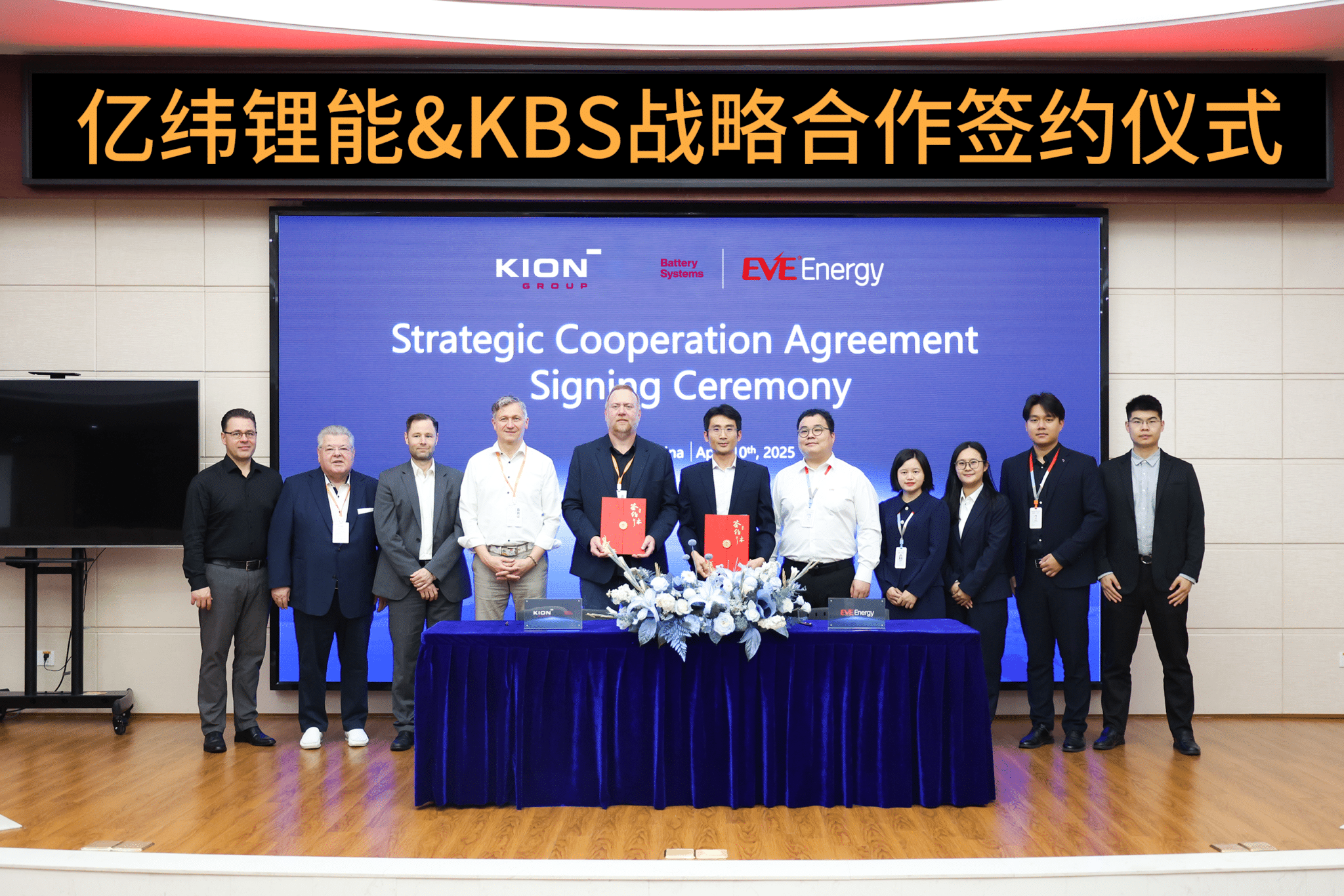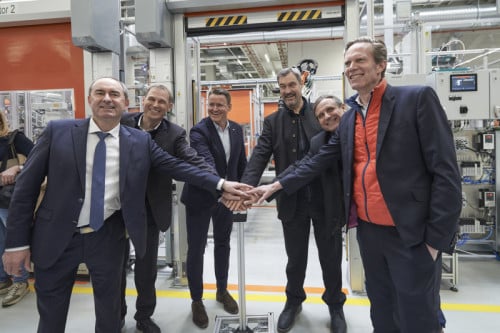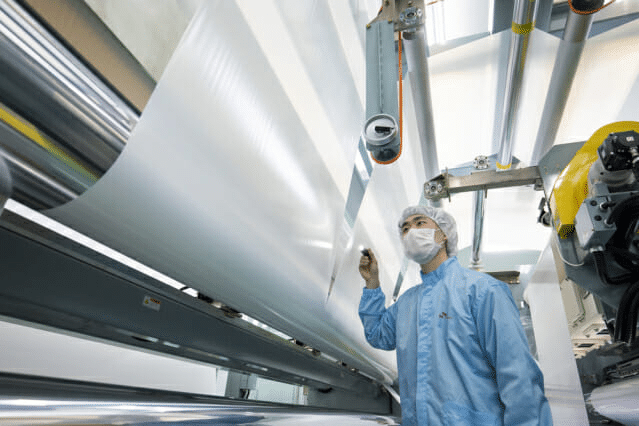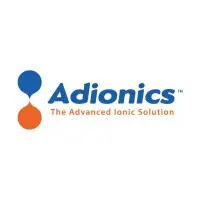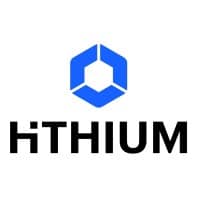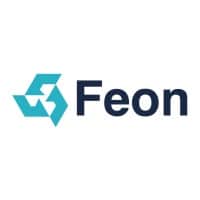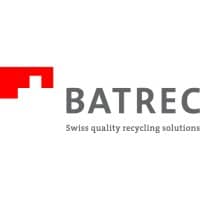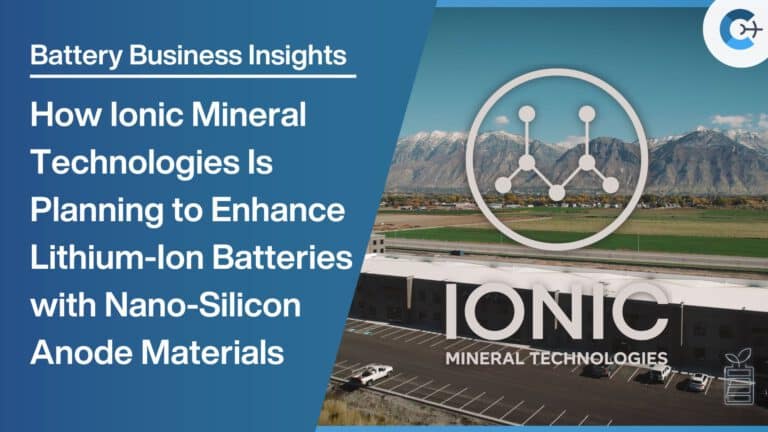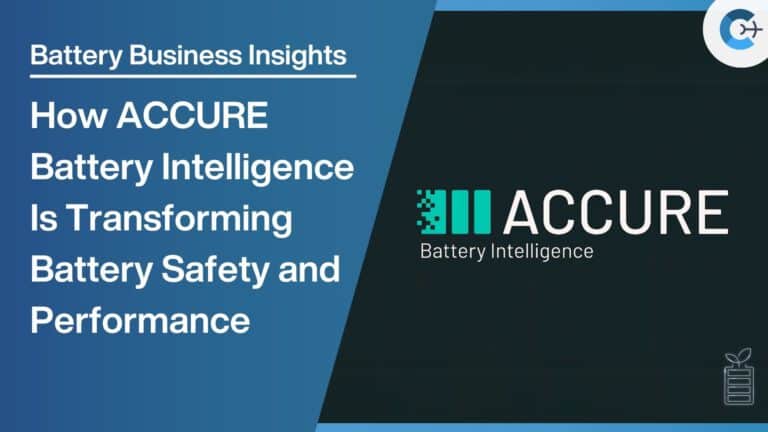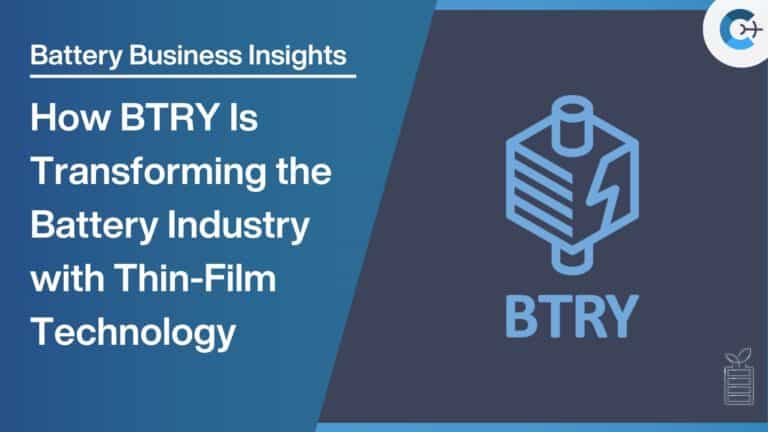Altilium, a UK-based clean technology company dedicated to facilitating the transition to net-zero emissions, announced a strategic investment of $5 million from Marubeni Corporation, a prominent Japanese trading and investment firm. This investment marks a key development in Altilium’s Series B funding round.
The funds will enhance Altilium’s mission to supply sustainable lithium-ion battery materials in the UK. This includes a comprehensive battery circularity initiative that integrates zero-carbon electric vehicle (EV) battery collection, black mass recycling, and chemical refining for producing battery metal salts, cathode precursors (pCAM), and cathode active materials (CAM). A significant aspect of this initiative is the planned construction of the UK’s largest EV battery recycling facility, set to be located in Teesside.
Marubeni’s involvement will facilitate critical progress for the Teesside facility, encompassing detailed engineering studies, land acquisition, planning, permitting, and the recruitment of a leadership team. Once operational, the facility will be capable of processing battery waste from 150,000 EVs annually, generating 30,000 metric tons of low-carbon CAM, which would fulfill approximately 20% of the UK’s CAM demand by 2030.
Altilium is committed to establishing a sustainable circular economy for battery materials in the UK, which aims to minimize reliance on international supply chains and conserve natural resources. The company’s EcoCathode™ technology is designed to recover over 95% of battery metals from end-of-life EV batteries, potentially reducing raw material costs by up to 20% and decreasing greenhouse gas emissions by as much as 74% compared to traditional materials.
Kamran Mahdavi, CEO of Altilium, commented: “We are proud to welcome Marubeni as a strategic partner at this pivotal stage in Altilium’s growth journey. Their investment strengthens our position as leaders in sustainable battery materials and reinforces our commitment to building the UK’s largest EV battery recycling facility. Together, we are advancing our mission to create a UK closed-loop supply chain, reduce dependency on imported materials and lowering the environmental footprint of battery production. This partnership marks a major milestone in establishing a truly circular economy for the UK’s battery industry.”
Altilium and Marubeni have previously collaborated under a Memorandum of Understanding signed in 2023, focusing on developing a closed-loop EV battery recycling business in the UK and establishing a supply chain for recycling end-of-life lithium-ion batteries at Altilium’s facilities.
Marubeni has been engaged in the battery material sector since 1985 and has actively participated in battery recycling initiatives, particularly in the U.S. market. Under its Mid-Term Management Strategy GC2024, Marubeni promotes a green strategy aimed at building a sustainable supply chain of essential metals for a decarbonized society.
Earlier this year, Altilium completed its Series A funding round, securing $12 million from SQM Lithium Ventures, the corporate venture arm of Sociedad Quimica y Minera de Chile (SQM), a leading global producer of battery-grade lithium.
About Altilium: Altilium is a UK-based clean technology group transforming the UK and European automotive supply chain by providing high-volume, low-carbon domestic sources of cathode and anode materials through recycling waste streams, particularly end-of-life batteries. The company’s proprietary EcoCathode™ process converts these batteries and scrap into sustainable battery precursors, CAM, and pCAM for immediate reuse in new batteries. Altilium’s initial mini-commercial plant has recently opened in Plymouth, with the Teesside facility poised to be one of Europe’s largest EV battery recycling sites. It aims to process scrapped materials from 150,000 EVs per year, producing sufficient CAM to account for 20% of the UK’s projected requirements by 2030. The company has received multiple UK government innovation awards, such as grants from the Faraday Institutions Battery Challenge and the Automotive Transformation Fund.
Source: Altilium

